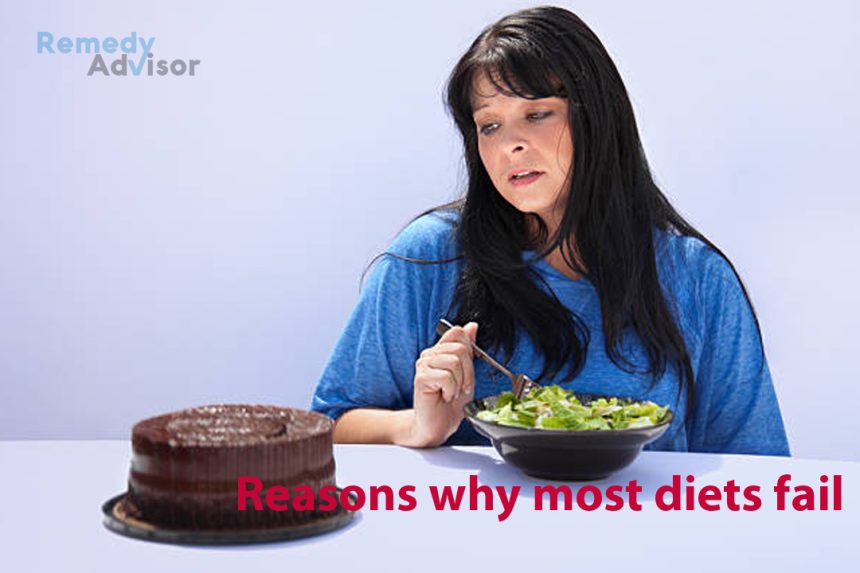One out of three Americans is overweight, ranging from a few pounds to obese. Most of these people have been on numerous types of diets many of which have failed.
Here’s why dieting no longer makes sense and new thinking about effective weight loss…
Why dieting fails
When you diet, your brain in an act of self-defense against perceived starvation signals your body that you need more food and lowers your metabolism so you store more fat. Both actions make it harder to reach your dieting goals.
With each repeated cycle of dieting, it takes longer to lose weight and it comes back quicker. What’s more, you are likely to accumulate extra pounds each time.
Important: Taking off weight isn’t the main problem keeping it off is. Despite the best nutrition, exercise regimens and diet plans in the world, 90% of dieters regain one- to two thirds of lost weight within one year and almost all of it within five years.
Getting out of the diet mode requires that you accept that obesity is a complex medical problem that requires a multipronged solution, including possible drug intervention. Being very overweight is not a result of a lack of will power or discipline, so stop blaming yourself for your size and deluding yourself that you won’t wake up hungry tomorrow. You will, because your brain sabotages your best efforts at psychological control and makes it impossible to resist cravings.
Also recognize that constant dieting can perpetuate your weight problem by adversely affecting your metabolism.
Important: A chronic overweight problem can only be managed, never cured. To keep your weight in “remission,” you must be constantly vigilant, eating healthfully and exercising regularly.
A healthy eating plan
Here’s how to start on a healthy eating plan for life…
• Stop obsessing over your weight and your appetite.
Rather than keeping you “in control,” mental preoccupation with dieting is practically guaranteed to keep you overweight because you’re constantly thinking of food.
• Adhere to the following eating guidelines
Adhere to the following eating guidelines developed by the Department of Agriculture…
• Eat 20% of your calories from protein sources, 20% from fat and 60% from carbohydrates.
People with a weight problem should reduce their carbohydrate intake to about 40% and increase protein intake to 40%.
• Cut back on foods that are high in saturated fats
Cut back on foods that is high in saturated fats, including potato chips, ice cream and red meat. They aren’t good for you and seem to spark primitive hunger urges.
• Decrease your intake of simple carbohydrates sugars
Instead, concentrate on eating more complex carbohydrates breads, rice, pasta, potatoes, fruits and vegetables which will give you energy and make you feel full.
• Don’t skip meals.
Not eating at regular intervals is a foolproof way to get fat it convinces your body you’re starving and need to conserve fat.
• Don’t eat less than 1,200 calories a day.
When you go on such a low-calorie diet, your body starts to break down muscle tissue to use for energy so it doesn’t have to dip into its fat stores. You lose weight, but you lose muscle as well as fat, which means that after your diet you’ll end up with a higher percentage of body fat to muscle mass. That will make your metabolism work even slower.
• Start or continue an exercise program
Ideal: Engage in aerobic activity walking, running, swimming or bicycling for an hour three times a week. Second best: Exercise moderately for 30 minutes five times a week.
To build muscle and offset muscle loss brought on by dieting, also engage in resistance training using free weights or weight machines twice a week. Weight training can speed your loss of fat, help you ward off osteoporosis as you age and enhance your endurance.
Important: Unless you are willing to exercise regularly, you will not succeed in keeping weight off.
Finding a physician
Discuss drug treatment for obesity with your primary care doctor. If your doctor won’t prescribe drugs for you, ask for a referral to an obesity specialist. Approximately 60% of physicians today offer such a program.







